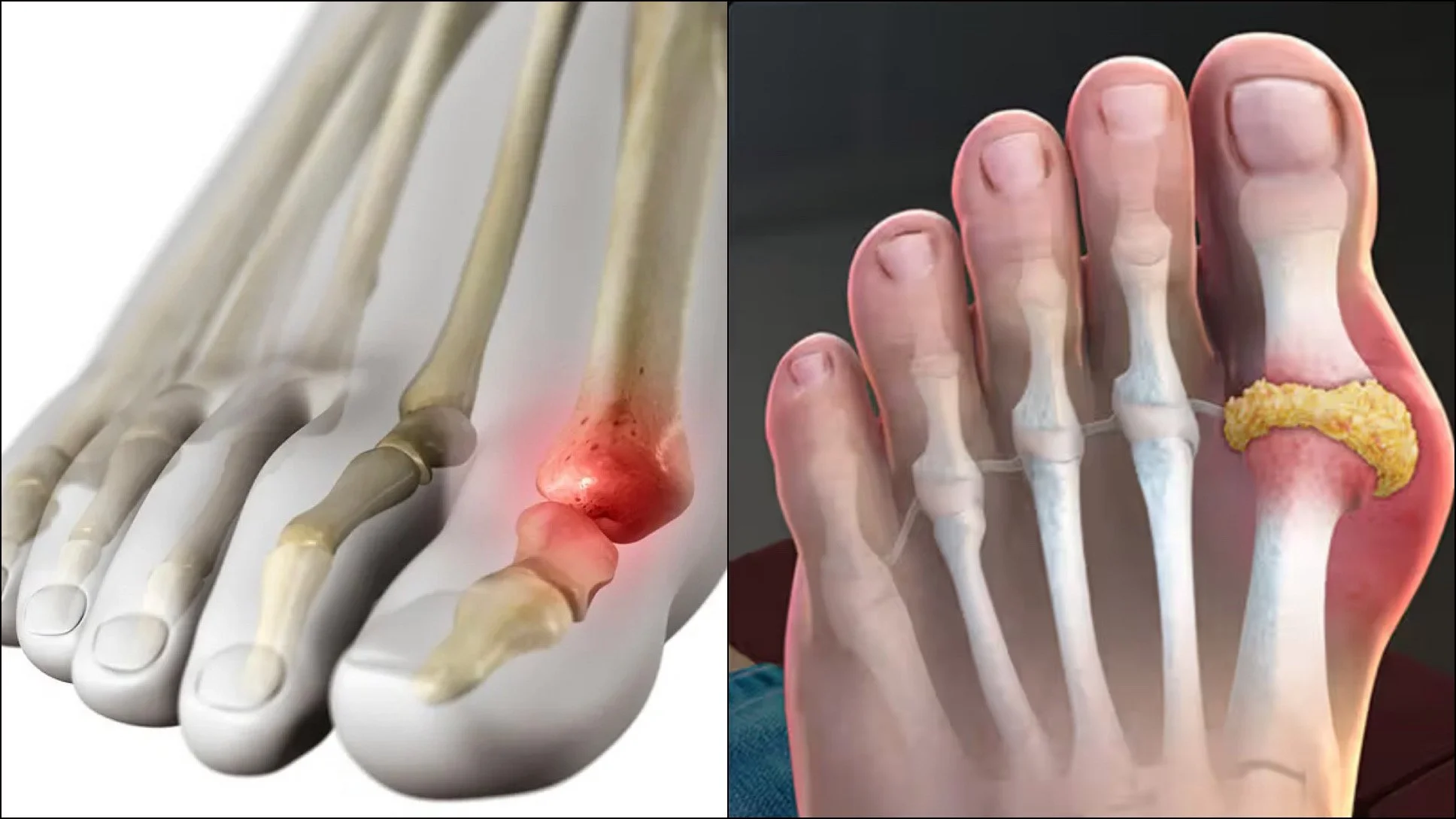7 Common Food Triggers That Cause Anxiety (And How to Fix Them)
🧠 Anxiety & Nutrition:
How What You Eat Can Affect How You Feel
Anxiety isn’t just in your head—your diet and gut health play a big role in how calm or anxious you feel. At DoctorRobyn.com, we take a root-cause approach to uncover what’s driving anxiety, including potential imbalances in nutrition, hormones, and gut health.
🔍 What Causes Anxiety From a Dietary Perspective?
1. Blood Sugar Imbalances
Skipping meals or eating too many refined carbs can lead to crashes that mimic or trigger anxiety.
🥴 Common symptoms: shakiness, irritability, heart palpitations, brain fog.
2. Caffeine Overload
Too much coffee or energy drinks can spike cortisol and adrenaline, increasing anxiety and panic-like symptoms—especially if you’re already stressed or sleep-deprived.
3. Alcohol
Alcohol may seem relaxing at first, but it disrupts neurotransmitters, sleep, and blood sugar—often increasing anxiety the next day.
4. Food Sensitivities & Additives
Foods like gluten, dairy, soy, artificial sweeteners (like aspartame), MSG, and food dyes can trigger inflammatory reactions that impact your mood and brain function.
5. Inflammatory Diet
Diets high in seed oils (corn, soybean), fried foods, sugar, and processed meats drive inflammation—linked directly to depression and anxiety.
6. Nutrient Deficiencies
Low levels of these can impact your mood and stress resilience:
🧠 Magnesium – calming, anti-anxiety mineral
💪 Vitamin B6/B12 – needed for serotonin and dopamine
🔗 Zinc – supports GABA, the brain’s calming chemical
🐟 Omega-3s – reduce inflammation and support brain health
🥩 Amino Acids – building blocks for neurotransmitters
7. Gut Health Imbalance
Over 90% of serotonin is made in the gut. Dysbiosis (imbalanced gut bacteria), Candida overgrowth, parasites, and leaky gut can all trigger anxiety through the gut-brain connection.
🧬 How We Help at DoctorRobyn.com
I start every patient with a comprehensive functional blood panel to evaluate:
Nutrient status (B vitamins, magnesium, zinc, iron)
Inflammation
Blood sugar stability
Thyroid, hormone, and adrenal function
When indicated, I also run the GI MAP Stool Test, which checks for:
Gut infections or imbalances
Candida or parasites
Leaky gut
Inflammation in the digestive tract
✅ Simple First Steps to Reduce Anxiety Naturally:
Eat protein, healthy fat, and fiber with every meal to stabilize blood sugar.
Avoid skipping meals or relying on caffeine and sugar.
Limit alcohol and processed foods.
Add calming minerals like magnesium glycinate or L-threonate.
Support gut health with fermented foods and targeted probiotics.
💡 Anxiety is a signal—your body is trying to tell you something. Let’s work together to find the root cause and help you feel like yourself again.
For personalized care book instantly below for an in-person or virtual New Patient visit.



